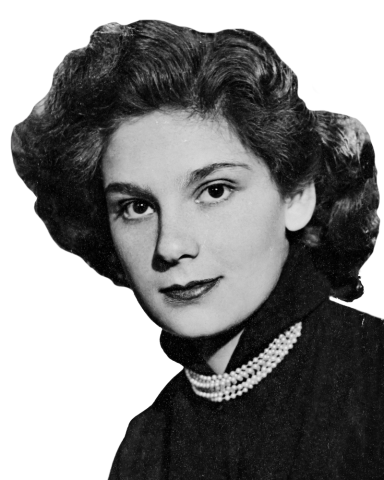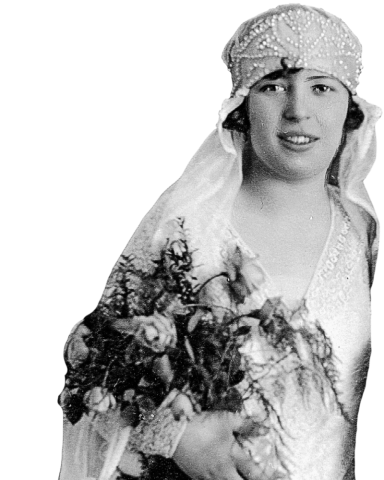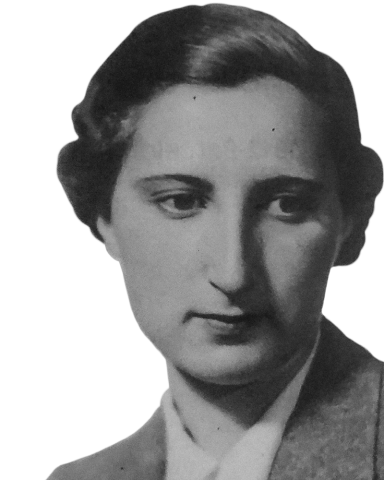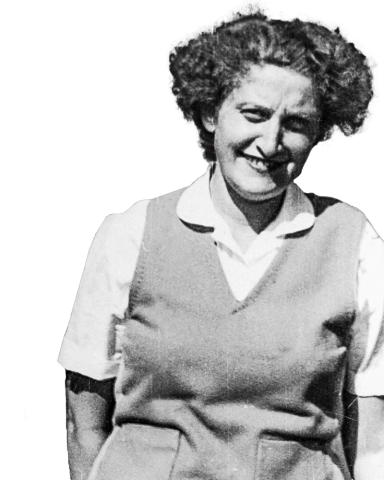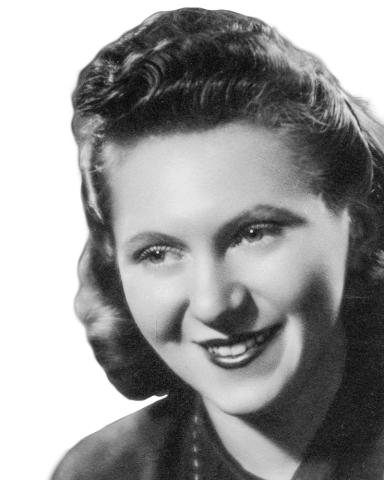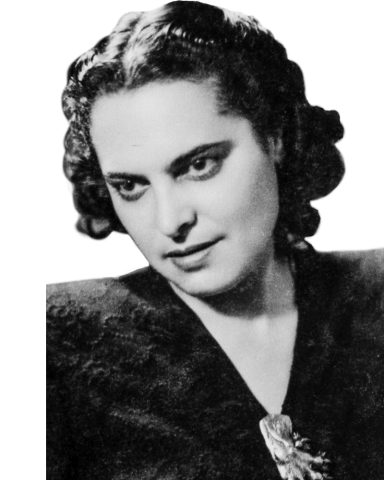
Lisa Pinhas
Lisa Pinhas, a Greek Jew from Thessaloniki, vividly recounts her experiences in the concentration and extermination camps.
English
Lisa Mano Pinhas was born in 1916 in Thessaloniki, in the so-called Jerusalem of the Balkans, to a wealthy Jewish family. She was the daughter of the tobacco merchant Yeshua Joseph Mano and Mazaltov, née Bochor Matarasso. She had eight siblings: Sarina, Joseph (Pepo), Rachel, Isaac, Eleanor, Marcel, Adele and Marie. Her family belonged to the Sephardic community that used Spanish-Hebrew (Ladino) as a language of communication and consisted of 50,000 members. Like many Jewish women of the time, Lisa attended the Alliance Israélite Universelle of Thessaloniki, where she learned French perfectly. Immediately after graduation, she showed her business acumen by managing a branch with furs of the House of Sistovaris Furs in Thessaloniki. On 2 July 1939 she married the merchant Dario Solomon Pinhas. In 1942 she set up her own fur manufacturing and trading shop at 35 Tsimiski Street, in the centre of Thessaloniki, perhaps under the illusion that business life under German occupation could run smoothly.
In early February 1943 the Pinhas family was evicted from their home, their property was confiscated, and then imprisoned in the transit camp of Baron Hirsch. On April 7, 1943, Lisa, then 27 years old, was included with her family in the eighth transport, which transfered under inhuman conditions, Jews from Thessaloniki to Auschwitz-Birkenau in occupied Poland. There, after her life being spared several times, she was selected for the Kanada Kommando, the camp's working group that packed the personal belongings of the deportees. The skill she had acquired thanks to her professional activity, together with the strategic objective of protecting her sister and other fellow inmates, contributed to her survival until liberation.
Lisa and her sister also survived the horrific "death march", after which they were held in the Ravensburg and Rechlin camps, until their liberation by the Soviets on 30 April 1945. Of her immediate family, her parents, husband and most of her brothers and sisters were murdered. Only she, her sister Marie, survived along with their sister Adele, who had fled to Athens before the deportation and had been baptized a Christian in order to escape.
Lisa returned to Thessaloniki and never remarried. She immediately began writing her memoirs of camp life. Of particular interest is the multi-dimensional nature of her cultural identity. Her family language is Ladino, in the camp she presented herself and was perceived as Greek, on at least one occasion her fluency in French proved to be a lifesaver and last but not least she decided to write her memoirs in French. Lisa Pinhas was instrumental in preserving the memory of Holocaust victims and was a keynote speaker at commemorative community events in the 1950s and 1960s.
She passed away on 11 January 1980 and was buried in the Jewish cemetery of Thessaloniki. Her niece, Nana Mazaltov Moses, gave her aunt's unpublished archive to the Jewish Museum of Greece, which in 2014 published it in three languages: Greek, English and French. A second revised edition in Greek followed in 2023.
